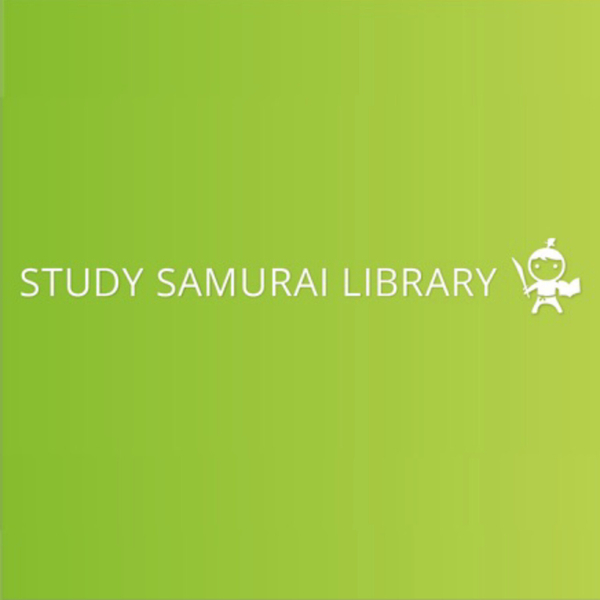
MINDSET: Focus
Recent studies reveal:
People who focus, have self – control and delay gratification have better quality lives regardless of
social or economic backgrounds.
The ability to focus helps you learn faster.
Being able to switch your focus on and off when needed makes you happier.
Distraction and how to refocus
1. Distraction
There are two main varieties of distractions – sensory and emotional.
Sensory distraction is just that, background noise, sounds, shapes, colours, tastes, smells, etc. The
brain has become good at being able to tune out these types of sensory distractions.
Emotional distraction is harder to tune out from. This can be any type of stress, upset, relationship issues
etc. Those who focus best are relatively immune to emotional turbulence, more able to stay unflappable in
a crisis and to keep on an even keel despite life’s emotional waves.
2. Five ways to help you refocus
1. Admit you are off task.
2. Remind yourself of the original task and why it’s important.
3. Eliminate distractions.
4. Refocus by choosing a starting point. E.g. a marker of where you are reading.
5. Pay attention to small details to narrow your focus to the task at hand.
Overload and switching off
Tightly focused attention gets fatigued – much like an overworked muscle – when we push to the point of
mental exhaustion. The signs of mental fatigue, such as a drop in effectiveness and the rise of
distractedness and irritability, signify that the mental effort needed to sustain focus has depleted the
glucose that feeds neural energy.
To restore our mental energy we need to switch from effortful attention, where the mind needs to
suppress distractions, to letting go and allowing our attention to be captured by whatever presents itself.
Disengagement is the first step. Fully focusing on something relaxing where we use the sensory systems
(walking in the park, playing and having fun, nothing that requires effortful focus). I call this “changing
channels”.
You can learn more about this and much more at www.studysamurai.com
The Study Samurai Podcast
5 Keys To Personal Best Academic Performance
When it comes to learning you get either how to learn or wellbeing and mindset topics to get you in the best state to learn and perform at your best. The Study Samurai Library is a unique blend of both areas. Dr Prue Salter is a world class Study Skills expert and Rocky Biasi who specialises in Mindset and Wellbeing bring you tips from the Study Samurai Library of resources.